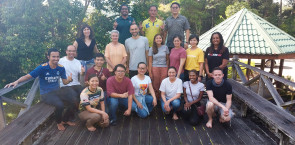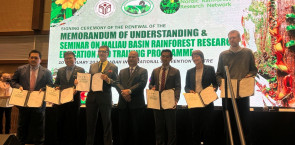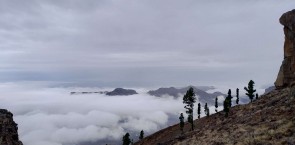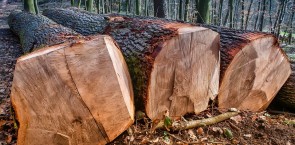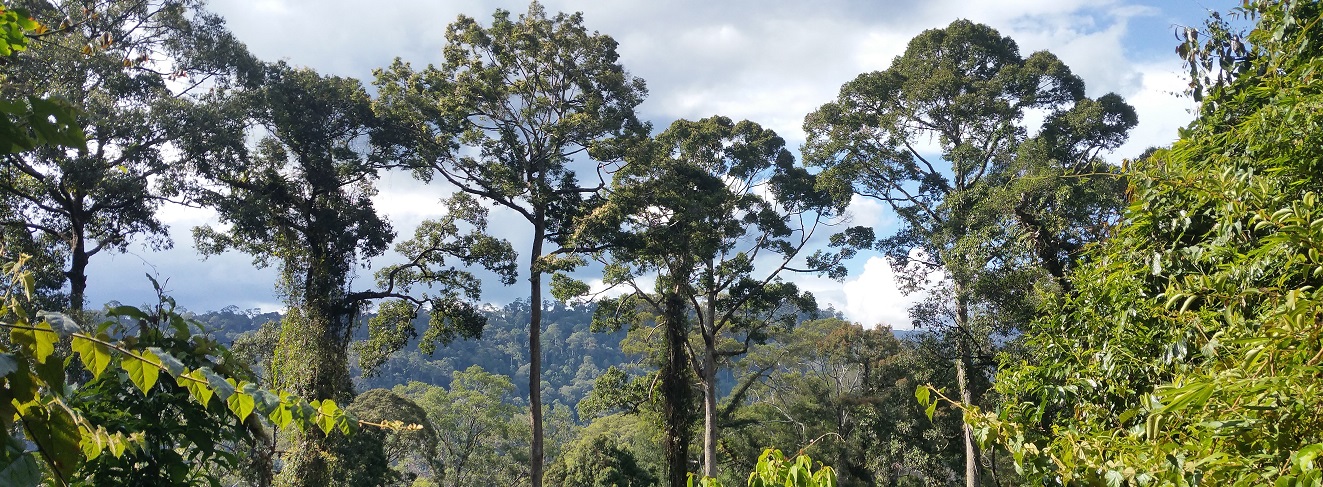
On 12 June, Nordic research institutions and two Malaysian organisations pledged to collaborate on exploring the natural and socioeconomic values of Borneo’s rainforests. Joint efforts of Nordic and Malaysian researchers are expected to lead to new knowledge that can help to conserve and restore unique ecosystems.
What can we learn from a pristine Bornean rainforest about natural dynamics, and how can we use this knowledge to better conserve and manage ecosystems? What value can nature provide for the local society?
These are some of the questions that researchers in the newly formed Nordic Rainforest Research Network (NRRN) seek to answer.
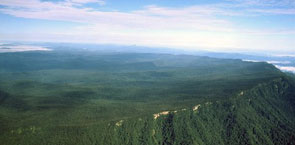
On 12 June 2015, the NRRN was officially launched as it signed a Memorandum of Understanding (MoU) with the Sabah Foundation and the Maliau Basin Management Committee.
The event took place during a rainforest conference in Kota Kinalabalu, the capital of the Malaysian state Sabah.
The MoU will smooth the path for much-needed research related to conservation and restoration of Borneo’s rainforest. It aims to support the formation of joint research projects between Nordic and Malaysian researchers.
The collaboration is initially focussed on the renowned Maliau Basin, also known as the Lost World of Sabah.
This area of almost 59,000 hectares is uninhabited and was first discovered in 1947, when a plane nearly crashed against the steep cliffs surrounding the circular Basin. Several research expeditions have since revealed numerous unique and rare species to exist in the secluded area.
Facilitating research
A secretariat will communicate opportunities of collaboration and support the publication of research results. It will also support the network scientists in obtaining residence and research permits.
Jon Fjeldså is a professor and curator at the Centre for Macroecology, Evolution and Climate at the Natural History Museum of Denmark and an acknowledged biodiversity expert.
He says, “Maliau Basin is one of very few places in the world that have probably never been inhabited by humans. The complex soil and topographic conditions make it ideal for exploring structures in rainforest ecosystems and for understanding natural forest dynamics. Such data provide a great baseline for regeneration studies in neigbouring timber concessions.”
”Research has consistently shown that ecosystems with a high biodiversity are more robust than others. In a time of climate change, we should be interested in conserving the biodiversity of our ecosystems. This is our best life insurance,” notes Ida Theilade, leader of the Network’s secretariat and senior researcher at the University of Copenhagen.
Sven Bislev is Vice Dean of Education and Associate Professor at the Department of Intercultural Communication and Management at Copenhagen Business School (CBS).
”The area has economic potential e.g. in the shape of medicinal plants and ecotourism. There are good opportunities for linking the restoration of damaged forest with forest carbon projects, where carbon credits are traded under schemes such as Verified Carbon Standard (VCS). At the same time, protection against illegal logging and other threats can be organised to create jobs for the local communities. Mobile technology is available in Malaysia, and there is plenty of opportunity for involving local people in monitoring and nature protection,” states Mr Bislev.
The research network is an offshoot of a two-year project implemented by the Danish non-profit organisation NEPCon in collaboration with Sabah Foundation.
NEPCon believes that research in and around Maliau Basin is needed to spearhead applied science used in conserving and restoring precious rainforest on Borneo and across Southeast Asia. “We need science and knowledge more than ever when it comes to conserving our nature,” states NEPCon Executive Director Peter Feilberg.
”In the twenty years between1990 and 2010, Sabah lost 700,000 hectares of forest. Research is crucial to develop robust conservation strategies that can withstand the pressure on Borneo’s nature.”
> Learn more about the Maliau Basin
About the Nordic Rainforest Research Network
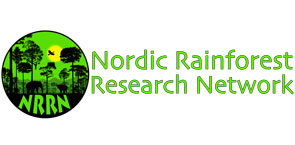
The Network aims to facilitate Nordic researchers in exploring Borneo’s rainforest. This is done by supporting contact to local researchers and by developing joint research projects and applications. The Secretariat will also support and guide Nordic researchers to obtain residence and research permits. The network is open for all Nordic research institutions and their partners around the world. Visit the network website for further information maliaubasin.org

